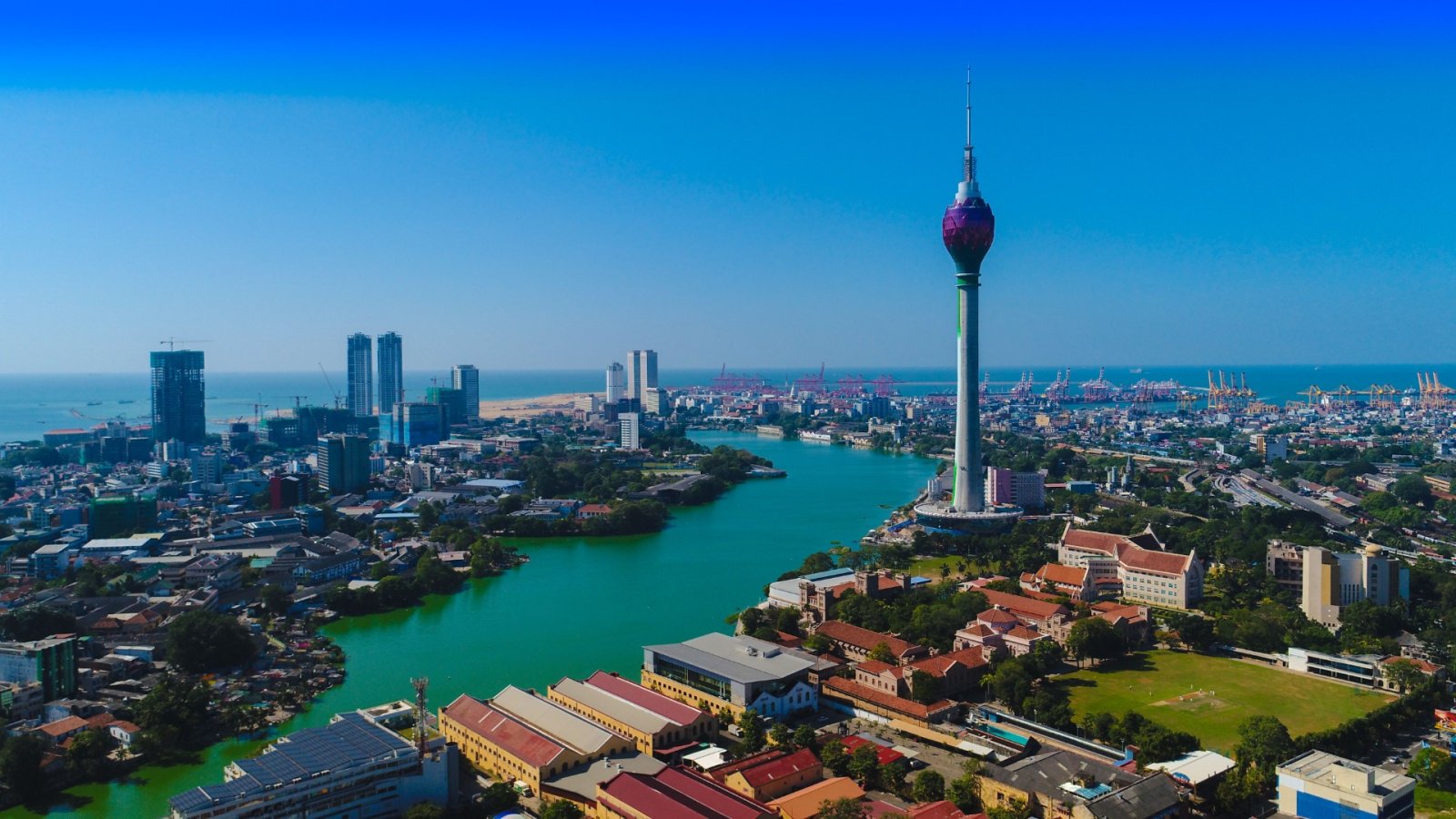В 2025 году путешественники все больше осознают свою важную роль в борьбе с климатическим кризисом. Это растущее сознание отражено в многочисленных исследованиях, показывающих, что более трех четвертей путешественников по всему миру хотят использовать более устойчивые варианты путешествий в этом году, причем 90% активно ищут экологически чистые варианты. Хотя разрыв между намерением и действием сохраняется, направления, отдающие приоритет устойчивости в туризме и за его пределами, могут помочь преодолеть этот разрыв. Вот 5 направлений, которые готовы приветствовать устойчивых путешественников в 2025 году, от инновационных зеленых зон до мест, готовых к возрождению после невзгод.
Марракеш, Марокко
Туристическая индустрия Марокко продемонстрировала замечательную устойчивость, достигнув рекордного числа посетителей в 2023 году. Однако отели в практически не пострадавшем Марракеше столкнулись с сокращением бронирований, а ремесленники, чьи мастерские были повреждены в старой медине, все еще ждут помощи. К счастью, все основные достопримечательности города, включая дворцы Эль-Бади и Бахаи, Секретный сад и гробницы Саадитов, вновь открылись после землетрясения. Хотя некоторые районы старой медины остаются закрытыми, ее пропитанные пряным ароматом переулки продолжают источать свою очаровательную атмосферу.
Сингапур
Устойчивое развитие Сингапура известно, начиная с 1967 года, когда тогдашний премьер-министр Ли Куан Ю представил свое видение «города в саду». После более чем 50 лет преднамеренного городского развития — включая более 300 км зеленых коридоров в рамках Park Connector Network — Сингапур вошел в историю в 2023 году, став первой целой страной, получившей сертификат устойчивого направления от Глобального совета по устойчивому туризму. Эта сертификация подчеркивает приверженность страны своему Зеленому плану Сингапура 2030, который направлен на четырехкратное увеличение использования солнечной энергии к 2025 году, сокращение отходов на свалках на 20% к 2030 году и ограничение регистрации новых автомобилей моделями с более чистой энергией, начиная с 2030 года.
Панама, Центральная Америка
В то время как Коста-Рика давно признана лидером Центральной Америки в области устойчивого туризма, соседняя Панама становится пионером в области туризма, основанного на сообществах. В 2023 году Панама сделала значительный шаг вперед, предоставив законные права черепахам, что еще раз подчеркивает ее приверженность устойчивому развитию. Хотя страна является домом для богатого гобелена коренных культур, составляющих около 14% населения, и может похвастаться невероятным биоразнообразием, ее туризм исторически был сосредоточен на культовом Панамском канале и оживленной столице, Панама-Сити.
Теперь путешественники могут более осмысленно взаимодействовать с пышными тропическими лесами Панамы и островами, окаймленными пальмами, глазами тех, кто знает эту землю лучше всего: коренных и сельских общин. Недавно запущенный цифровой портал SOSTUR позволяет посетителям бронировать экскурсии с местными гидами в районах, которые остались в значительной степени нетронутыми туризмом. От посещения общин насо (или терибе), которые населяли джунгли северо-западной Панамы еще до испанской колонизации, до изучения легенд о воинах и стражах острова Декё от гида из числа коренных народов нгобе, эти приключения предлагают более глубокую связь с культурой и окружающей средой региона.
Валенсия, Испания
Ежегодно премия «Зеленая столица Европы» присуждается городу, который демонстрирует твердую приверженность улучшению окружающей среды и повышению качества жизни своих жителей и гостей. В этом году награда досталась Валенсии. Средиземноморский город находится на пути к получению 100% электроэнергии из возобновляемых источников к 2025 году и гордится своими обширными зелеными насаждениями, насчитывающими 500 гектаров для исследования. Сюда входят новые городские парки, такие как Parque Central, который соединяет районы, которые ранее были разделены железной дорогой, теперь перемещенной под землю. Зеленые зоны Валенсии также включают Huerta, 120 кв. км сельскохозяйственных угодий, которые снабжают местные рынки и рестораны, сокращая углеродный след, связанный с питанием вне дома и самообслуживанием.
Благодаря улучшенному общественному транспорту и пешеходным зонам передвижение по Валенсии никогда не было таким простым. Относительно ровный рельеф города дополняется 200 км велосипедных дорожек, что позволяет посетителям ездить на велосипеде или на общественном транспорте в два близлежащих национальных парка, включая богатый птицами Parque Natural de l'Albufera.
Доминика, Малые Антильские острова
После разрушительного урагана пятой категории в 2017 году премьер-министр Доминики обнародовал планы по превращению острова в «первую в мире климатически устойчивую страну». Поскольку страна разрабатывает системы раннего оповещения и устойчивое жилье для защиты своих жителей, она также продвигает устойчивый туризм через новый маршрут для каякинга.
Waitukubuli Sea Trail, который простирается более чем на 60 км вдоль потрясающего западного побережья острова, является первым специализированным маршрутом для морского каякинга в Карибском регионе. Он проходит с юга на север, демонстрируя гостеприимные общины, уединенные пляжи, захватывающие дух пейзажи и местную кухню. Эту инициативу возглавил Уэс Мозес, давний сотрудник Карибского корпуса мира, который основал Soufriere Outdoor Centre на юго-западном побережье острова в 2022 году после того, как сделал Доминику своим домом в 2018 году.






